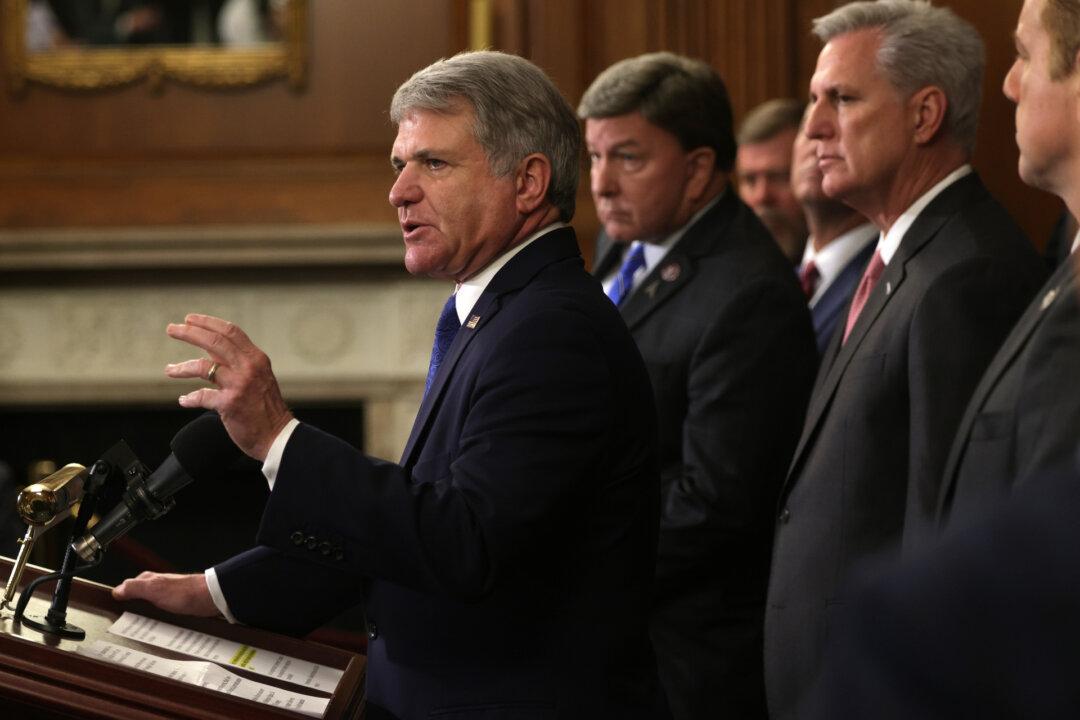Republican lawmakers are calling for the Biden administration to harden its policy toward Beijing, saying that recent remarks from senior officials revealed a failure to “grasp the true threat posed by the Chinese Communist Party.”
U.S. climate envoy John Kerry recently responded to a question about the plight of Uyghurs in China’s western Xinjiang region by saying that “life is always full of tough choices in the relationship between nations” and later that “first and foremost, this planet must be protected.”





